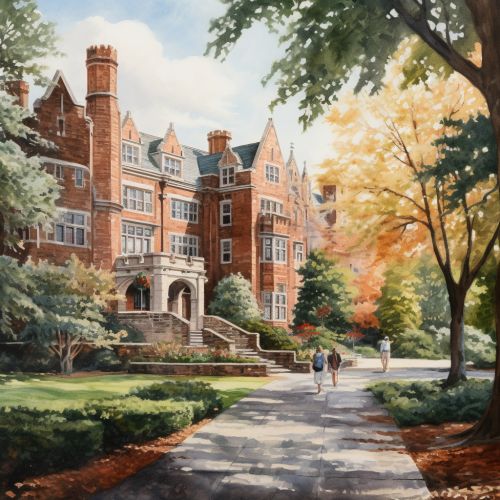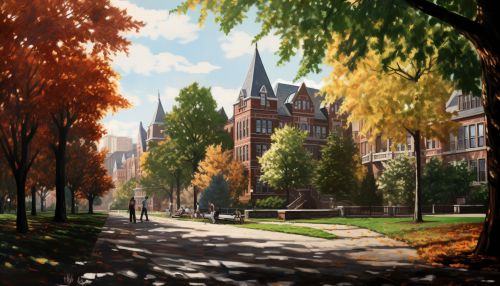Peter L. Berger
Early Life and Education
Peter Ludwig Berger was born on March 17, 1929, in Vienna, Austria. He was raised in a middle-class Jewish family. In 1946, following the end of World War II, Berger immigrated to the United States. He enrolled at Wagner College, a small liberal arts institution in Staten Island, New York, where he pursued a degree in sociology.


.
Berger's interest in sociology was sparked by his experiences as an immigrant and the social changes he observed in post-war America. He graduated from Wagner College in 1949 and went on to earn a master's degree in sociology from the New School for Social Research in New York City in 1950. He then pursued doctoral studies at the New School, earning his Ph.D. in 1954.
Career and Contributions to Sociology
Berger began his academic career as an assistant professor at the University of North Carolina at Greensboro. In 1958, he joined the faculty of the Hartford Seminary Foundation in Connecticut, where he served as the Director of the Institute for the Study of Church and Society.
In 1963, Berger published his seminal work, "Invitation to Sociology: A Humanistic Perspective". This book, which is considered one of his most significant contributions to the field, presents sociology as a form of consciousness that enables individuals to understand the social structures and processes that shape their lives.
In 1966, Berger co-authored "The Social Construction of Reality: A Treatise in the Sociology of Knowledge" with Thomas Luckmann. This book, which is considered a foundational text in the field of social constructionism, argues that reality is socially constructed and that the understanding of this process is crucial for sociological analysis.
Berger's work in the sociology of religion is also highly regarded. His 1967 book, "The Sacred Canopy: Elements of a Sociological Theory of Religion", explores how religion is a part of the socially constructed world and how it contributes to the maintenance of social order.
In 1970, Berger became a professor at Boston University, where he founded the Institute for the Study of Economic Culture. This institute, which later became the Institute on Culture, Religion, and World Affairs, conducts research on the relationships between economic development, cultural change, and political dynamics around the world.
Later Life and Legacy
Berger retired from Boston University in 2009, but he remained active in his field. He continued to write and lecture on topics related to sociology, religion, and culture. He passed away on June 27, 2017, leaving behind a significant body of work that continues to influence sociologists and scholars in related fields.
Berger's work has been influential in shaping the field of sociology. His emphasis on the importance of understanding social structures and processes, his exploration of the social construction of reality, and his insights into the role of religion in society have all contributed to the development of sociology as a discipline.
See Also
Sociology of knowledge Social constructionism Sociology of religion
